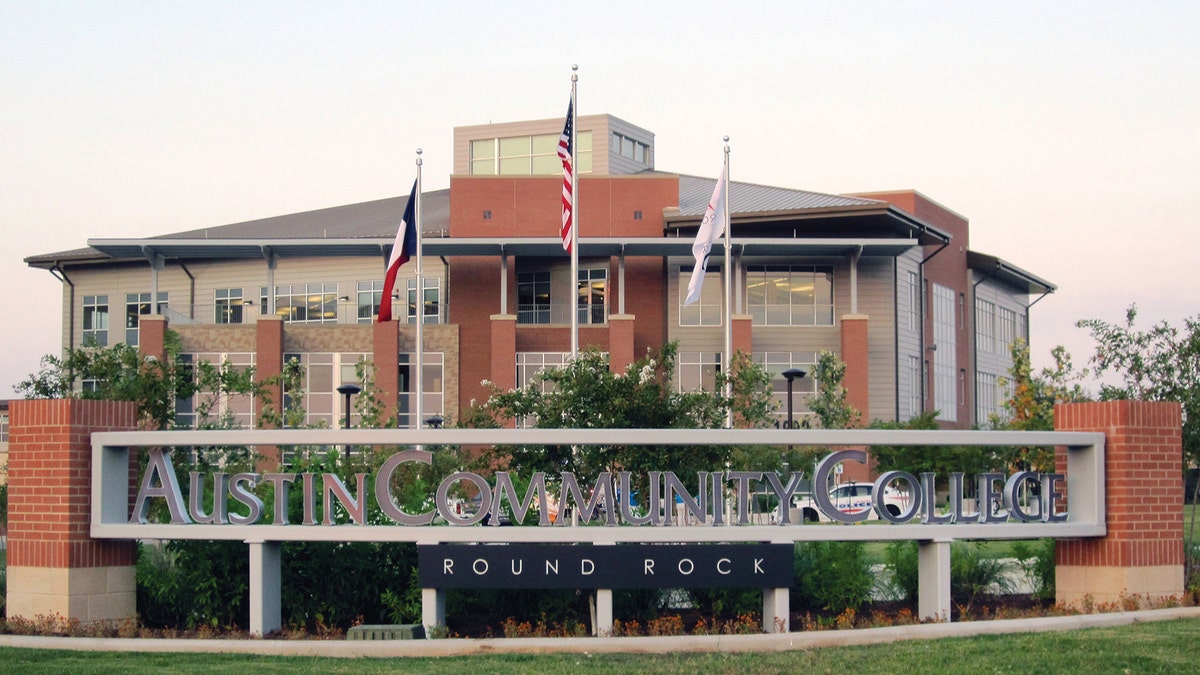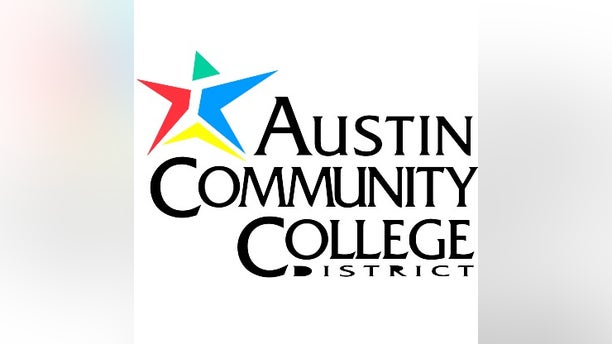
Robert Ranco taught at Austin Community College in Round Rock.
Austin Community College created a comprehensive “Equity Report Card” for faculty and staff to self-assess how inclusive they are after several internal surveys indicated the school "continues to struggle" supporting minority students.
ACC’s Office of Equity and Inclusion developed the report card with the goal of “equity-mindedness,” which “requires that practitioners are race-conscious and aware of the historical and social context of exclusionary practices in American higher education.”
Dr. Molly Beth Malcolm, ACC Executive Vice President of Campus Operations and Public Affairs, told Fox News in an email that the school is trying to "improve outcomes."
“We recognize that many community college students are the first in their family to attend college,” Malcom wrote. “ACC created the Office of Equity and Inclusion which developed the report card to look at programs and services in an effort to improve outcomes for all students.”
The term “equity” is defined in the report card as "practices and policies...designed to accommodate differences in the contexts of students’ learning – not to treat all students the same.” Equity requires “questioning assumptions” and must be both “centralized and institutionalized.”
The report card states equity “requires the examination and transformation of hearts, minds and conscious and unconscious beliefs” in order to “better serve historically underserved students and communities.”
ACC undertook the effort after several surveys showed the school “continues to struggle to support African American, Latinx/Hispanic and Native American students” as well as “students re-entering from incarceration and women who are under-resourced” and “students who identify as LGBTQ+.”
ACC said it hoped the implementation of the report “moves toward a focus on systemic change to foster a conscious climate of academic rigor, high expectations, inclusion and improved outcomes for underserved student groups and their communities.”
The report card has five levels of evaluation: “exemplar,” “highly proficient,” “progressing,” “insufficient” and “unsatisfactory.” Each grade has a list of criteria with descriptions that help determine whether or not a department is meeting the standard set by the report card, which was first covered by Campus Reform.
For example, in the highest grade level for “exemplar,” the criteria include:
- “Allocate and provide funding for anti-racist and anti-bias training & professional development”
- “All stakeholder groups (e.g., Black students, LGBTQ+, etc.) to be led by stakeholders from the communities they represent or identify with (i.e., Black student-focused work is chaired by Black stakeholders of the community…and students who identify as LGBTQ+ are led by LGBTQ+ community members)”
- “Engage Communities of Color and White communities in anti-racist and anti-bias training with ACC stakeholders”
- “Require anti-racist and anti-bias cultural proficiency & LGBTQ+ ally training for all new hires & 100% of current staff”
- “Implement policies that reflect an understanding of the impact of dominant cultural norms & historical contexts on policies, practices & processes (including budget development, marketing, development, fundraising, planning and all operations)”
To get a failing grade of “unsatisfactory,” a department, would be assessed with some of the following points:
- “Race- and culture- blind”
- “Denial of institutional impact on culture and student outcomes”
- “Failure to recognize and/or implement policies and practices informed by evidence, data, and research”
- “Refusal to examine the impact of dominant culture norms on institutional outcomes and practices”
Malcolm said the report card is designed to support the college's core goals.
“The college’s mission is to produce a skilled workforce for high-demand jobs," Malcom said, "and provide all students the opportunity to achieve their educational goals and become productive members of the community.”





















